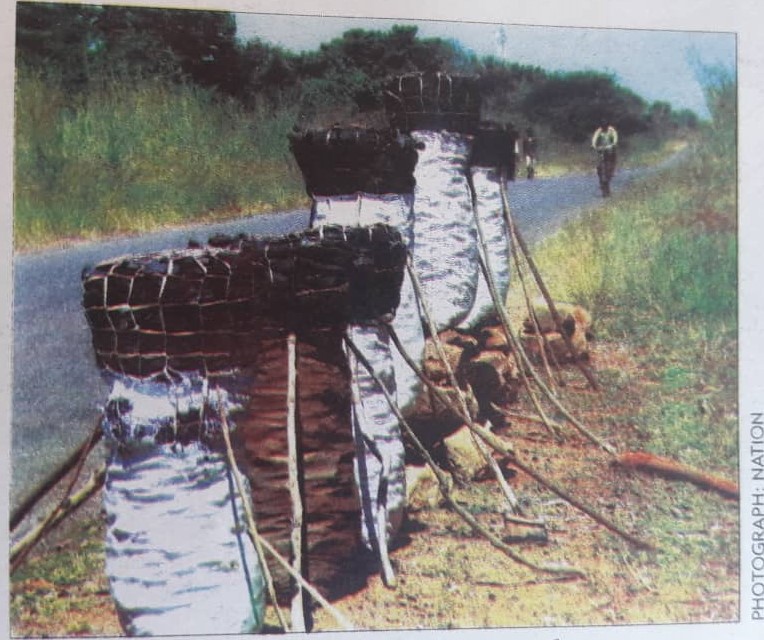
The world bank has put nature and communities at the heart of its recently approved project worth $160 million, equivalent to K116.84 billion.
The Malawi Watershed Services Improvement Project will help about 350 000 people generate income for themselves while safeguarding water sources from climate change and human activity.
However, the conservation of natural resources is pivotal to the new initiative built on the success of the Shire River Basin Management Programme.
The five year programme, which phased out last year, helped rehabilitate watersheds the size of 50 000 football shields along the heavily silted river ruined by unregulated charcoal making and farming practices on its banks.
The government and the bank worked with communities to promote conservation of the largest source of electricity through sustainable businesses.
The soil and water conservation measures included rehabilitation gullies, protecting streams and river banks, replenishing community forests and adopting new agricultural techniques.
The locals along the river received fixed payments of $1500 from a community environment conservation fund.
Lonesi Petulo, from Tsangano in Ntcheu, trade a profit of K275 000 after investing about K30 000 from the financial incentives to improve land management.
The 48-year-old says she bought a bag of fertilizer and paid casual workers to harvest potatoes sold at about K300 000
”This has made a huge different. I am now building a house. I have bought cement and iron sheets, which I could not afford before. I am meeting the needs of a child in secondary school using the same money,” she explains.
Like-minded community members formed about 300 groups trained and given soft micro-loans totaling $855 000 to start environmental- friendly enterprises ranging from maize mills to fish mongering.
There were also 80 farmer field schools benefiting 2160 farmers, three-quarters being women.
By adopting the recommended farming methods and land conservation, the participants income increased by over a third.
Says Greg Toulmin, World Bank country manager. Unlocking the potential of communities through enterprise development can help lift them out of poverty and drive economic growth while helping to restore degraded watersheds.
”Strong institutions are also essentials for this, particularly as landscape restoration is a long term endeavors.”
The Shire River project funded training ans study tours and supported the establishment of Malawi’s National Water Resources Authority (NWRA) and community conservation groups.
It provides a film foundation for new initiatives.
The country’s biggest landscape project is designed to triple the restored watershed to 95 000 hectares.
It will provide rapid livelihood support worth $40 million to over 250 000 vulnerable rural Malawians through various great schemes.
This include swift transfers and macro-credit to lessens the impact of corona virus transmission among existing communities that have adopted sustainable landscape management practices.
Others include matching grants to farmers’s groups, services and input providers, buyers, processors, and aggregators to enhance their agriculture-based livelihoods, with focus on women.
The project includes the construction of 10 small multipurpose dams, 20 rainwater harvesting structures, eight boreholes and 10 small scale irrigation schemes to improve water access and crop production.
The financier expects some irrigation schemes to be ready for construction within eight months, creating about 2500 jobs and an estimated $5 million in direct payments to local workers.
The Nation_July 2, 2020_James Chavula-Staff Writer
